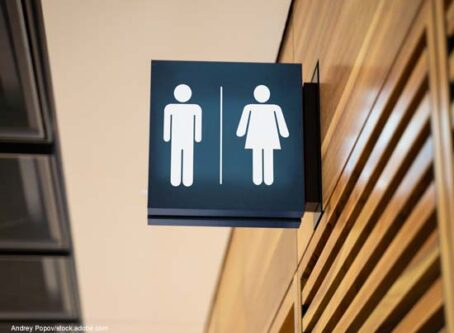Washington Supreme Court: Governor overstepped authority in transportation veto
Washington Gov. Jay Inslee exceeded his authority when he vetoed single lines in the 2019 transportation budget, the Washington Supreme Court has ruled.
The justices ruled 7-2 last week that vetoes by the governor of six single-sentence provisions in the two-year budget were outside the governor’s constitutional authority.
The Democrat-led state Legislature protested the action taken by the Democratic governor two years ago when he vetoed provisions of the budget that covered grant funding for transit services. Specifically, Inslee removed references in the budget that fuel type could not be a factor in grant selection process.
Veto authority challenged
The Washington state Constitution authorizes a governor to veto sections of legislation while signing a bill into law.
In 2019, state House and Senate lawmakers filed a lawsuit claiming Inslee overstepped his constitutional powers when he acted to remove sentences within sections of the transportation budget. Republican lawmakers in both statehouse chambers joined their counterparts in the lawsuit.
The provisions affected in the budget address nearly $200 million in grant funding for transit services. The provisions in HB1160 clarify that “fuel type may not be a factor in the grant selection process.”
During his term as the state’s top executive, Inslee has enacted laws to mandate a transition from fuel-powered vehicles to zero-emission vehicles. Washington state law lists energy efficiency standards as one criteria in the grant selection process.
“The language was vetoed because it indirectly amends an existing statute through the transportation budget,” Inslee said at the time of the veto. “Our Constitution does not allow laws to be changed indirectly.”
The court process
One year ago, a Thurston County Superior Court Judge ruled that although governors are authorized to veto entire bills, complete sections of bills and individual appropriation items, they cannot veto less than a full section. The only exception would be if the Legislature acted purposely to circumvent their authority.
Superior Court Judge Carol Murphy said the Legislature did not act to circumvent their authority.
The state Supreme Court upheld the lower-court ruling.
“We hold that the Washington Legislature enacted the fuel type condition pursuant to its constitutional authority to appropriate funds and to control the expenditure of those funds,” Justice Gordon McCloud wrote. “Gov. Inslee exceeded his article III, section 12 veto power by striking the fuel type condition, which formed only one part of each appropriation item in which it appeared.”
Legislative reaction
House Republican leader J.T. Wilcox and Senate Republican leader John Braun said the Legislature knew Gov. Inslee overstepped his constitutional authority by vetoing single lines of the transportation budget in 2019.
“The four caucuses agreed to bring legal action against the governor on this important separation of powers issue,” the Republican leaders wrote. “We appreciate that the courts agreed with our understanding of the limitations on the governor’s veto power.”
More Land Line coverage of news from Washington is available.









